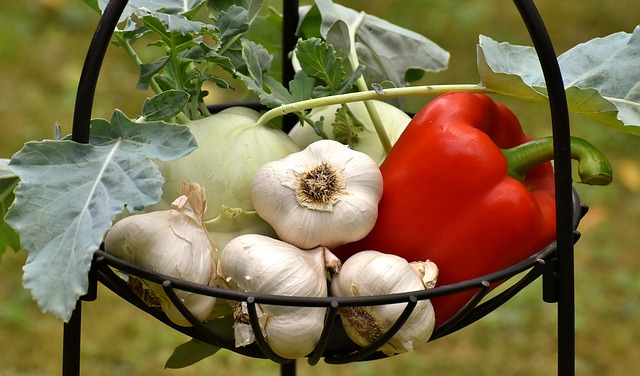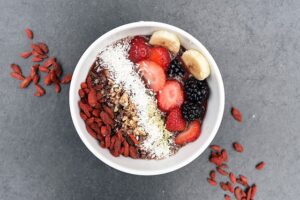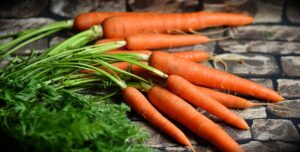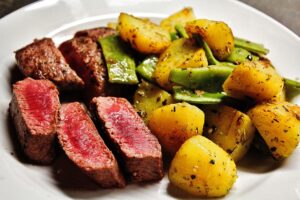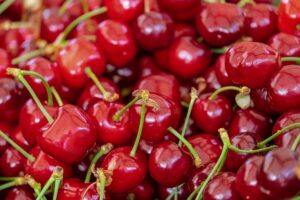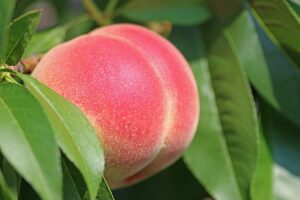Introduction
If you’re looking to increase your protein intake and consume 150g of protein per day, you’ve come to the right place. In this article, we will explore various strategies and food options to help you reach your protein goals. Whether you’re an athlete, a fitness enthusiast, or simply trying to improve your overall health, getting enough protein is essential for muscle growth, repair, and overall well-being.
Calculating Your Protein Needs
Before diving into the specifics of consuming 150g of protein a day, it’s important to understand how to calculate your individual protein needs. The general recommendation for protein intake is around 0.8 grams per kilogram of body weight. However, this may vary depending on your activity level, goals, and overall health.
To calculate your protein needs, multiply your body weight in kilograms by a factor that suits your activity level and goals. For example, if you weigh 70 kilograms and engage in moderate exercise, you might multiply 70 by 1.2, resulting in a daily protein requirement of 84 grams. To reach 150g of protein per day, you may need to adjust this factor accordingly.
Choosing Protein-Rich Foods
To meet your protein goals, it’s important to include a variety of protein-rich foods in your diet. Here are some excellent sources of protein:
1. Lean Meats and Poultry: Chicken breast, turkey breast, lean beef, and pork tenderloin are all great sources of protein. Aim for lean cuts to minimize saturated fat intake.
2. Fish and Seafood: Fish such as salmon, tuna, and trout are not only rich in protein but also provide omega-3 fatty acids, which are beneficial for heart health.
3. Eggs: Eggs are a versatile and affordable source of protein. They can be enjoyed in various ways, including boiled, scrambled, or as an ingredient in dishes.
4. Dairy Products: Milk, yogurt, and cheese are excellent sources of protein. Opt for low-fat or Greek yogurt for higher protein content.
5. Legumes: Beans, lentils, and chickpeas are not only high in protein but also provide fiber and other essential nutrients.
6. Nuts and Seeds: Almonds, peanuts, chia seeds, and hemp seeds are examples of protein-rich nuts and seeds. They also offer healthy fats and other beneficial nutrients.
7. Tofu and Tempeh: These plant-based protein sources are popular among vegetarians and vegans. They can be used in various recipes as a meat substitute.
Meal Planning and Distribution
To ensure you’re consuming enough protein throughout the day, it’s important to distribute your intake across meals and snacks. Here are some tips for meal planning:
1. Start with a Protein-Rich Breakfast: Include protein-rich foods like eggs, Greek yogurt, or a protein smoothie to kickstart your day.
2. Incorporate Protein in Every Meal: Make sure each meal contains a good source of protein, such as lean meats, fish, legumes, or tofu.
3. Snack on Protein: Opt for protein-rich snacks like Greek yogurt, cottage cheese, or a handful of nuts to keep your protein intake consistent.
4. Use Protein Supplements: If you’re struggling to meet your protein goals through food alone, consider incorporating protein supplements like whey protein powder or plant-based protein powders into your diet.
Conclusion
Consuming 150g of protein per day is achievable with proper planning and a well-balanced diet. By incorporating protein-rich foods into your meals and snacks, distributing your intake throughout the day, and considering protein supplements if needed, you can reach your protein goals and support your overall health and fitness.
References
– Mayo Clinic: mayoclinic.org
– National Institutes of Health: nih.gov
– Academy of Nutrition and Dietetics: eatright.org

